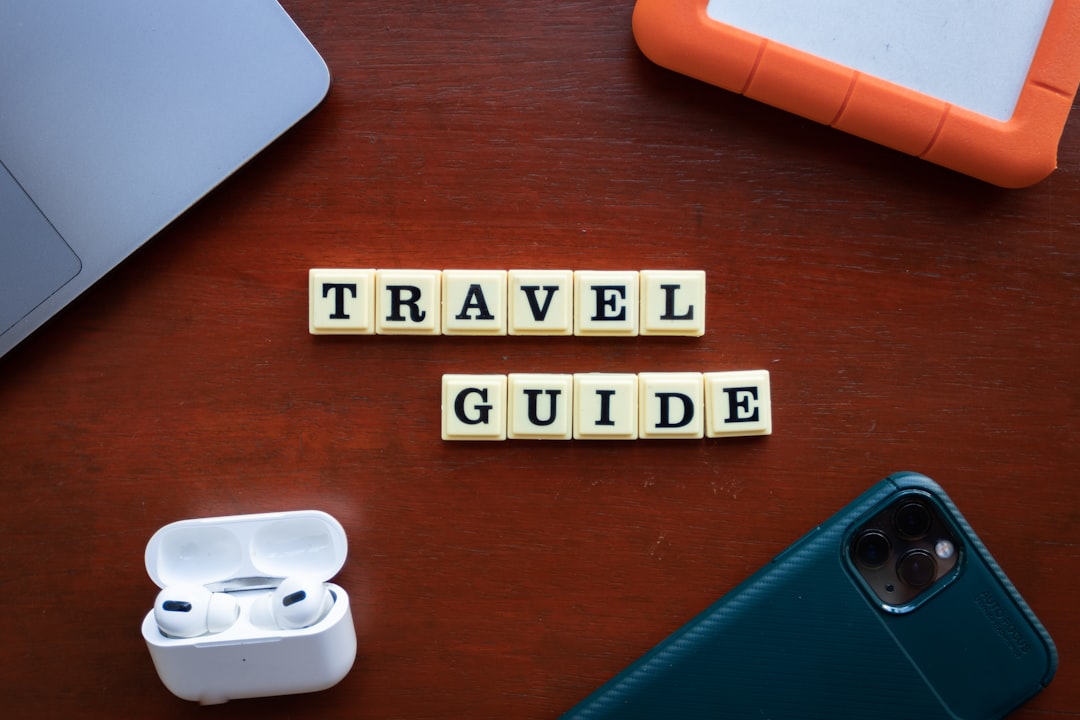When planning a road trip, your navigation app can make or break the experience. While Google Maps has long been the go-to tool for getting from point A to point B, there are several high-quality alternatives that cater to various road-tripping needs. Whether it’s offline capabilities, real-time traffic data, or scenic route suggestions, the best alternative will depend on your specific travel style. Below is a comprehensive look at the top alternatives to Google Maps that can enhance your journey, improve navigation accuracy, and offer unique features for the road ahead.
Contents of Post
1. Waze – Best for Real-Time Traffic and Alerts
If you want a dynamic driving experience with real-time feedback from other drivers, Waze might be your ideal choice. Owned by Google but remaining a standalone app, Waze offers a user-driven platform that excels in providing up-to-the-minute road information.
- Crowdsourced Updates: Drivers can report accidents, road closures, police sightings, and traffic jams in real time.
- Creative Routing: Waze often suggests unconventional routes to help you avoid congestion.
- Audio Alerts: Receive spoken warnings about upcoming hazards.
While it requires a constant data connection and is optimized for commuters more than long-distance travelers, Waze remains a strong alternative for avoiding delays on your road trip route.

2. HERE WeGo – Best for Offline Navigation
Formerly known as Nokia Maps, HERE WeGo has carved out a niche among travelers who need reliable maps without relying on cellular data. This app offers extensive offline capabilities, making it a favorite for those traveling through areas with poor connectivity.
- Full Offline Maps: Download entire countries or regions for offline use.
- Public Transit Integration: Offers multi-modal route planning in many cities.
- Speed Limit Alerts: Stay aware of the limit, even on remote roads.
Thanks to its partnership with major automakers and precise mapping data, HERE WeGo is surprisingly accurate and user-friendly, especially when you’re off the grid.
3. MAPS.ME – Best for Hiking and Nature Enthusiasts
If your road trip includes hiking trails, national parks, or remote camping spots, MAPS.ME stands out. This open-source mapping platform emphasizes offline access and topographic detail, making it especially useful for outdoor explorers.
- Offline Use: All maps are available offline after download.
- Topographical Views: Helpful for planning walks, hikes, and off-road activities.
- Community Content: Includes user-added waypoints, paths, and points of interest.
Although it may not have the real-time traffic features of other services, MAPS.ME provides an added layer of detail for nature-based road trips, especially in less-populated areas.

4. Sygic – Best for Advanced GPS Features
For those who prioritize turn-by-turn voice navigation and in-depth route planning, Sygic is a robust contender. Built on TomTom maps, Sygic offers a premium experience that rivals standalone GPS units.
- Offline Navigation: Easily download maps for offline use.
- 3D Maps: Provides enhanced visuals for complex cityscapes.
- Real-Time Traffic and Speed Information: Available with a subscription.
Sygic also offers features like fuel price comparison, parking availability, and dashcam-style video recording, making it a strong alternative for power users seeking advanced map capabilities.
5. OsmAnd – Best for Customization and Privacy
Based on OpenStreetMap, OsmAnd is a favorite among tech-savvy users who prioritize map customization and data privacy. This open-source navigation app lets users adjust nearly every aspect of their route preferences, map layers, and display settings.
- Custom Map Layers: Choose the data you want to display, from hiking routes to ski paths.
- Privacy-Minded: No user tracking or data harvesting.
- Voice Instructions: Multiple languages available, even offline.
Though it has a steeper learning curve compared to other apps, OsmAnd offers a unique level of control that is ideal for adventurous travelers and privacy-conscious individuals.
6. Gaia GPS – Best for Backroads and Wilderness Areas
If your road trip involves overlanding, dispersed camping, or remote forest roads, Gaia GPS is worth considering. While not a traditional road navigation app, it excels in mapping backcountry areas and layering data such as USFS roads, weather information, and elevation.
- Topographic and Satellite Maps: Useful for route scouting in undeveloped areas.
- Offline Functionality: Download multiple map types for remote access.
- Trail Integration: Access popular hiking and off-road routes easily.
Gaia GPS is a premium tool used by hikers, backpackers, and serious off-road travelers. Although it’s less helpful for navigating city streets, it’s near essential for truly off-the-grid road trips.
7. Apple Maps – Best for iPhone Users
Exclusive to Apple devices, Apple Maps has dramatically improved in recent years, with accurate directions, integrated route planning, and a clean user interface. While it once faced criticism for inaccuracy, Apple has reinvested in its mapping platform to offer competitive performance, especially in urban and suburban areas.
- Seamless across Apple Ecosystem: Works with Siri, Apple CarPlay, and Apple Watch.
- Privacy First: Apple does not keep a history of where you’ve been.
- Real-Time Information: Includes speed cameras, traffic, and estimated arrival times.
If you’re an iPhone user, Apple Maps is a polished and user-friendly alternative to Google Maps, particularly for domestic routes in North America, Europe, and major cities worldwide.
How to Choose the Best Alternative
Choosing the right navigation app for your road trip depends on several key factors:
- Offline Access: If you’ll be traveling through remote areas, prioritize apps like HERE WeGo, MAPS.ME, or OsmAnd.
- Real-Time Data: For urban travel and dynamic traffic navigation, Waze or Sygic are more appropriate.
- Outdoor Integration: If hiking or camping are part of your itinerary, Gaia GPS and MAPS.ME offer topographic detail.
- Privacy Concerns: Choose services like OsmAnd or Apple Maps which prioritize user data protection.
Evaluate the specific demands of your trip and match them to the features of the listed apps. In some cases, using more than one app for different parts of your journey may give you the best overall experience.

Conclusion
Though Google Maps remains a solid all-purpose navigation tool, it’s not always the best option for road trips that demand customized route planning, offline access, or specialized features. Alternates like Waze, HERE WeGo, and Sygic each offer unique advantages tailored to different travel scenarios. By understanding what you need from your navigation experience—be it real-time updates, campground locations, or privacy—you can select an app that enhances your journey and helps you explore more confidently and efficiently.
Before you hit the open road, take a moment to download and test a few of these apps. Whether you’re following winding mountain passes or city expressways, the right mapping tool will help ensure your trip is safe, smooth, and memorable.

